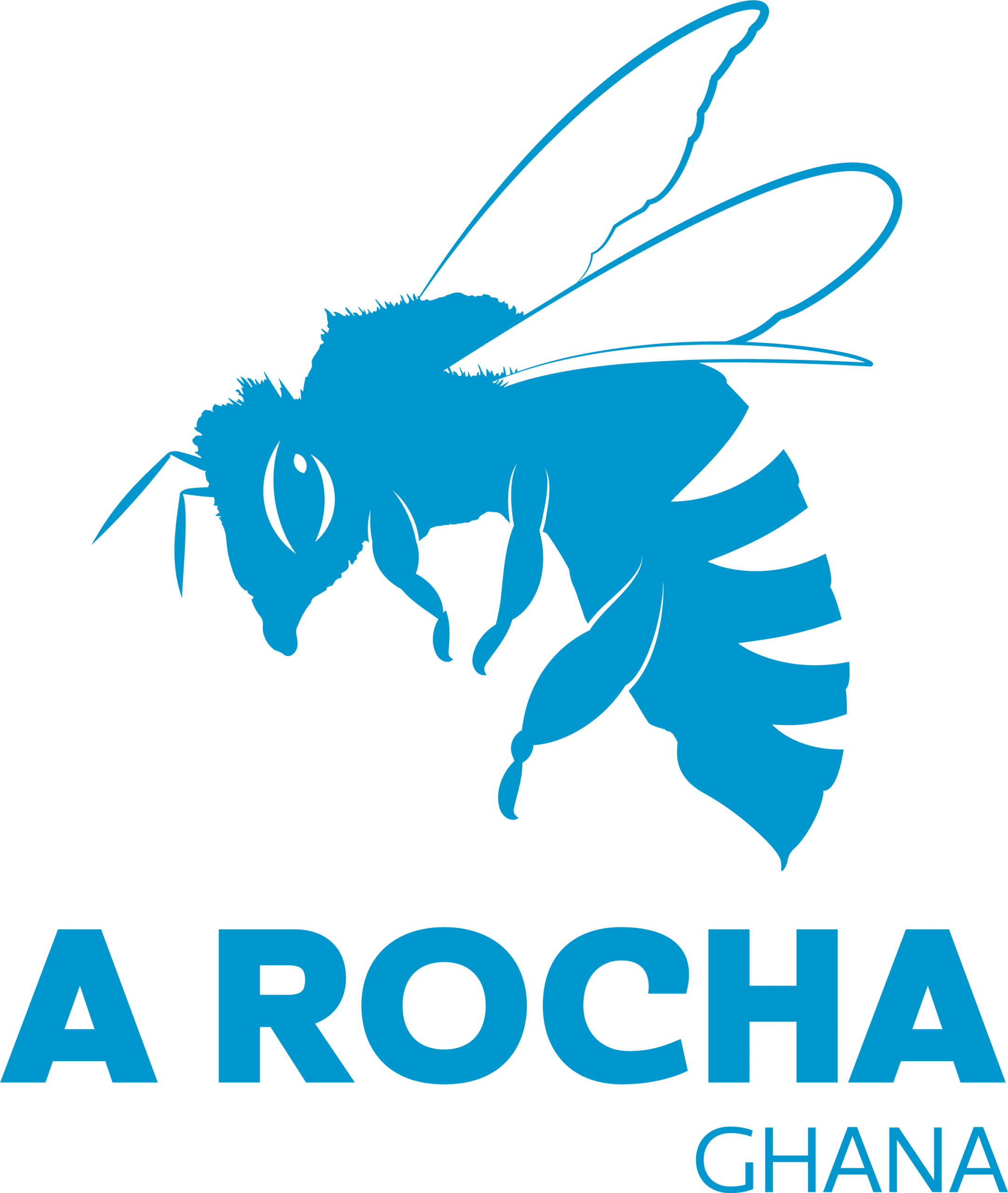Training
Over 70 farmers from Winneba, Sankor, Essuakyir, Mankwadze, and other surrounding communities in the Muni-Pomadze Ramsar Site Catchment have undergone training on best practices in Maize, vegetables and yam farming.
Over 70 farmers from Winneba, Sankor, Essuakyir, Mankwadze, and other surrounding communities in the Muni-Pomadze Ramsar Site Catchment have undergone training on best practices in Maize, vegetables and yam farming.
Farmers were also trained in the preparation, formulation and application of bio- pesticides and fertilizers like Neem, lantana and diversifolia spp
All the best farming practices like zero chemical use (both weedicides and pesticides) are also hinged on the pursuit to reduce community and anthropogenic pressures
Promotion of agro-ecology and climate-smart adaptation/mitigation technologies (e.g., conservation agriculture, agroforestry).
Demonstration projects for mangrove restoration and farmer field schools to drive behaviour change and adaptive learning.
A Rocha Ghana together with officers from the Wildlife Division of the Forestry Commission of Ghana at the Muni-Pomadze Ramsar Site, have led farmers and volunteers within the area to plant 4000 tree seedlings.
This is part of efforts to restore degraded areas within the Ramsar site.
Tree species planted include; Mahogany (Khaya senegalensis), Ofram (Terminalia superba), Emire (Terminalia ivorensis) and Ceiba (Ceiba pentandra)
Governance & Co-management:
Agro-ecology & Climate-smart farming:
80 farmers trained in climate-smart technologies.
Farmers adopt new practices, experiment, and use resilient seeds and equipment.
Mangrove & Landscape Restoration:
Community Empowerment & Awareness:
Fishing and farming communities around the Muni-Pomadze Ramsar Site had a good dose of environmental conservation education.
Spearheaded by a team from A Rocha Ghana with support from A Rocha KNUST and MPRS, farmers were schooled on the effects of unsustainable farm practices and benefits of organic farming.
They were encouraged to enhance their landscape conditions and integrity by practicing agro-forestry.
At the fishing communities, fisher folks were educated on proper waste disposal and management, mangrove forest protection, overfishing and rescue and release of captured sea turtles.


